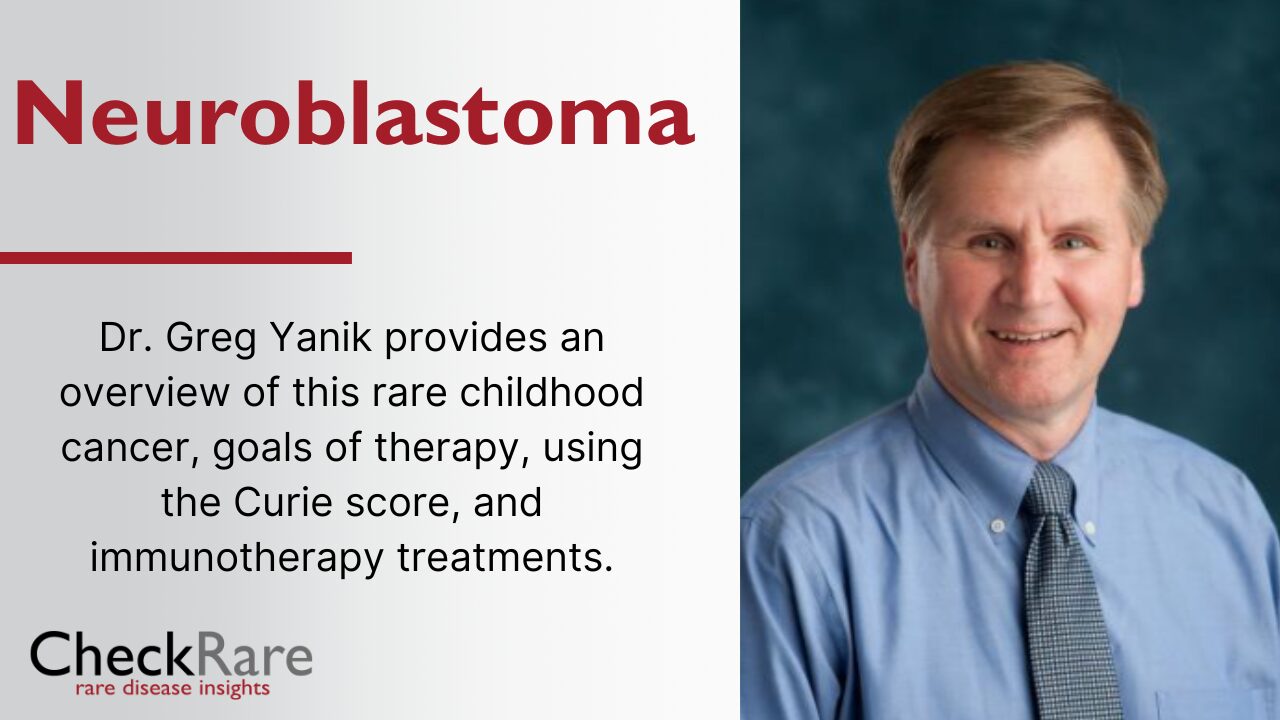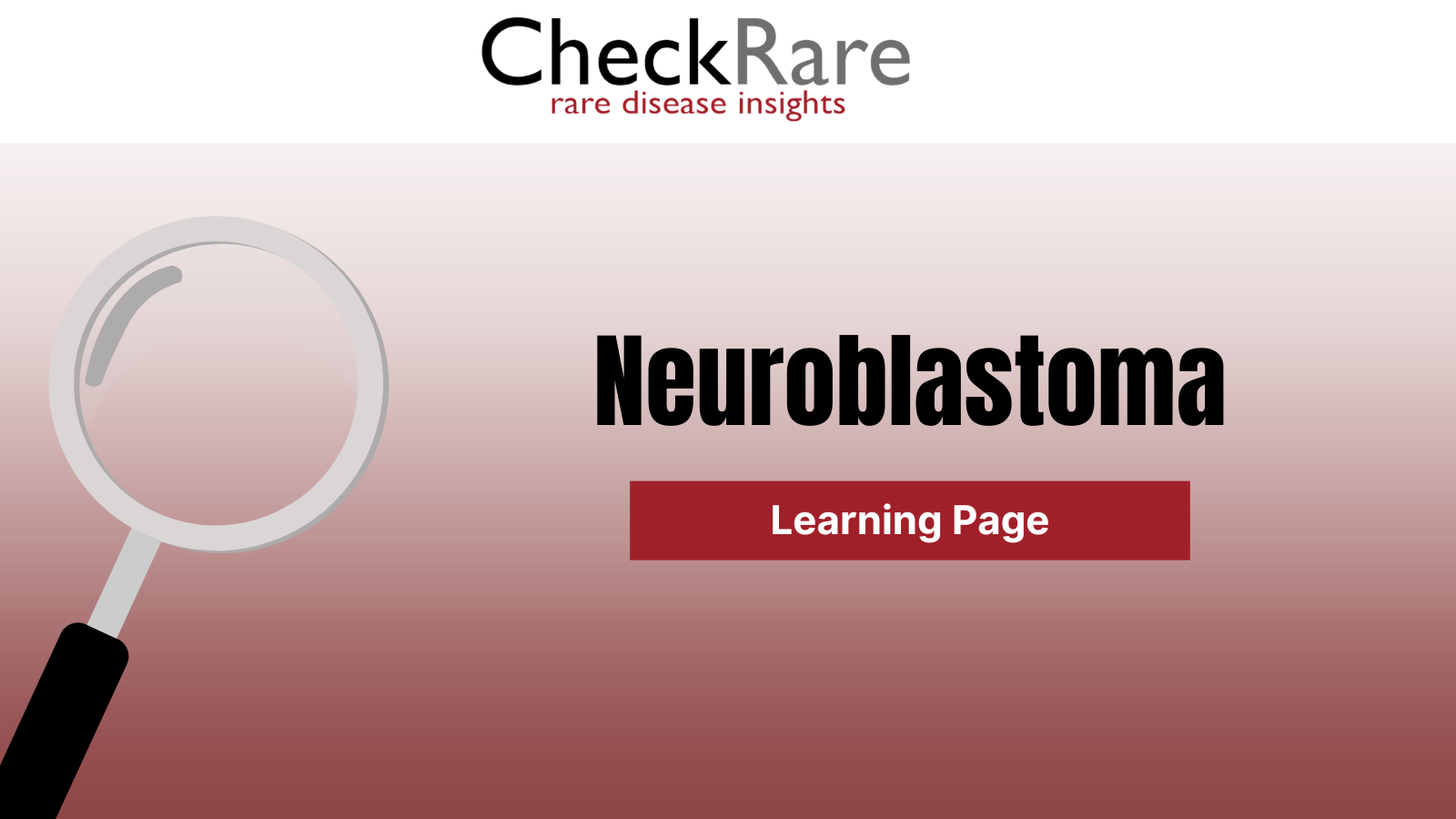Recent Videos
Social Wall
Open-Label Extension Data of Del-Zota for Patients With Duchenne Muscular Dystrophy
Zopapogene Imadenovec in Treating Patients With Recurrent Respiratory Papillomatosis
October is Mastocytosis Awareness Month!
Systemic mastocytosis is a rare neoplasm caused by mutations in the KIT D816V gene and characterized by uncontrolled mast cell proliferation and activation.
Dr. Carr and Dr. Voelker discuss the disease and a new patient-reported control…
Neuroblastoma: Beat Childhood Cancer Research Consortium
Neuroblastoma: New Approaches to Neuroblastoma Consortium
Updates in Refractory Chronic Cough From ERS 2025
Neuroblastoma: The Children’s Oncology Group
Scott Baver, PhD, Vice President of Medical Affairs at ITF Therapeutics, discusses long-term safety and efficacy data on givinostat for patients with Duchenne muscular dystrophy.
...https://checkrare.com/long-term-safety-and-efficacy-data-on-givinostat-for-patients-with-duchenne-muscular-dystrophy/
#CheckRare #DMD #RareGenetic #RareMusculoskeletal #RareNeurology
Results From the PEGASUS Clinical Trial of Pegvaliase in Patients With PKU
Plans for Phase 2/3 Clinical Trial of Bexmarilimab Plus SOC in Patients With MDS
📢October 7th at 1:00pm EST
Join us for a Live CME Webinar on Lysosomal Disorders and the Brain with Ozlem Goker-Alpan, MD, and Raphael Schiffman, MD.
Click the link to sign up: https://us06web.zoom.us/webinar/register/WN_agktkN81QB6lkKYBHRA-OQ#/registration
#CheckRare ...#LiveCME #RareDisease #LDRTC
Today is #WorldNarcolepsyDay
To learn more about narcolepsy and other rare neurological conditions, visit https://checkrare.com/diseases/neurology-nervous-system-diseases/
#CheckRare #Narcolepsy #RareNeurology
Results From the LINKER-SMM1 Trial in Patients With High-Risk Smoldering Multiple Myeloma
Neuroblastoma is a rare childhood cancer, but it is the most common extracranial solid tumor in children.
Learn more on our Learning Page at https://checkrare.com/neuroblastoma/
#CheckRare #Neuroblastoma #RareCancer
New Staging Tool for Cutaneous T-cell Lymphoma (PROBEinCTCL)


























Open-Label Extension Data of Del-Zota for Patients With Duchenne Muscular Dystrophy
CheckRare October 2, 2025 3:26 pm